ERP software is seen as an IT issue in many companies. It's a system, an application, kept running by the IT department, and if you get stuck they help you get back on track. But with ERP implementations, upgrades and new features, IT should really play a very limited role.
You want to achieve goals of the organization
Organizations with an ERP system have all the information for managing their business in one environment. From finance to operations. The benefits of this have nothing to do with IT. It's about better information, better collaboration between departments and better decision making. With the results being more efficient operations, better performance, lower costs and more satisfied customers. So with ERP software, you can clearly achieve organizational goals. With an ERP system, therefore, the most important question is: what ambitions of the organization can be realized with the system?
Processes are leading, not software functionalities
Because these are objectives related to the business, business processes should be leading ERP projects, not software functionalities. Define the optimal processes for the organization that maximize results and then look at how the ERP software facilitates this. If you choose an ERP system grafted onto the industry in which your company operates, the optimal processes will be excellently supported. Unfortunately, in many companies it is still the other way around: the ERP system with all its comforts and inconveniences is leading and the business has to find a way to work with it. As a result, processes are not optimal because the ERP system does not provide for something or imposes a different way of working.
Return On Investment is the goal
Return On Investment should be the goal in every decision regarding ERP software. Whether it is a new implementation, an upgrade, an extension or a modification, the decision must be based on a consideration of the costs and the (expected) benefits. Therefore, when making decisions regarding ERP software, draw up a business case in which you give as complete a picture as possible of the costs and benefits.
Get "the business" behind the wheel, not IT!
The main conclusion: the business determines. However, IT's input is very important. Aspects such as security, reliability, speed and compatibility all play a role in the decision process. Have IT specialists test how ERP software choices score in these areas. But with respect to ERP software, make choices of which:
- The management/directorate is convinced that the organization's ambitions are being met;
- Project members and key users are assured that optimal processes and ways of working are facilitated;
- End users not only accept it, but also embrace it and see the added value it brings to their daily work.
Philip van Kemenade is marketing manager at Dysel and has daily contact with end users of software.


